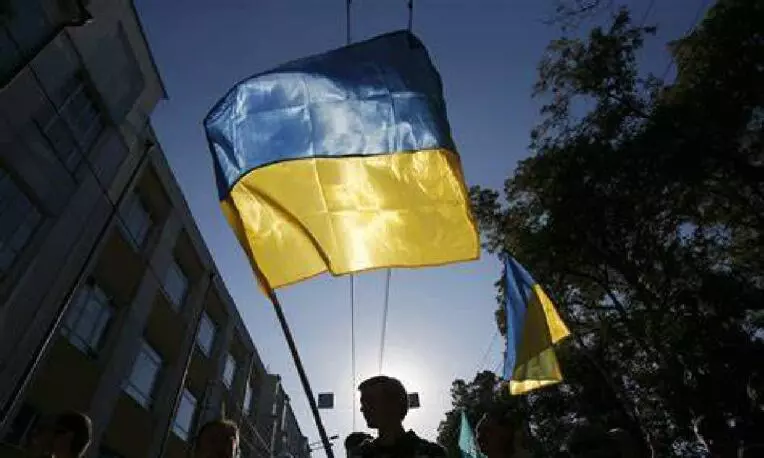Delhi and Beijing eye the Russian pie post-Ukraine
India has close defence ties with Russia. But on the other, its relations with countries in the western world and democracies like Japan have been showing a rapid improvement.
image for illustrative purpose

India has close defence ties with Russia. But on the other, its relations with countries in the western world and democracies like Japan have been showing a rapid improvement. Most of these nations have taken a strong stand when it comes to the Russian invasion of Ukraine. At the same time, Japan has a territorial dispute with Russia over the Northern Territories. Both India and China have been pursuing almost similar bilateral approaches towards Russia during its war with Ukraine. Both have refrained from condemning Russia, continued to trade with it and distanced themselves from the west’s robust economic and diplomatic response. The reasons for the approach of India and China are rooted in their past relations with Russia, their unique and evolving relationships with the United States, and the shifting balance of power between Beijing and New Delhi. How their ties will evolve cab change power dynamics between Beijing and New Delhi, and lead to greater tensions in Asia. Way back in 2010, Dr. Manmohan Singh cautioned that “China would like to have a foothold in South Asia.”
These concerns became more acute with time. By 2023, the Indian army’s chief of staff openly stated “China is increasingly displaying the willingness to project its military power … in our immediate neighbourhood.” Unfortunately for India, it has struggled to keep pace with its northern neighbour. India’s economic growth has been less consistent than China’s. And, partly as a result, New Delhi has been slower to modernize its military. To woo Russia, China allowed its state-owned companies to sell Russia dual-use technology, including semiconductors that could be used in military hardware. In effect, China doubled its exports of semiconductors to Russia during 2022, which was duly appreciated by Moscow. India has taken a somewhat different tack toward Russia. It sharply boosted its purchases of Russian commodities, from fertilizer to steel. Most notably, it went from being an insignificant importer of Russian oil in 2021 to being the biggest a year later. This buying spree did not go unnoticed in Moscow (or the West). In fact, Indian leaders bristled at western criticism of it.
Russia has benefited from its ties a both China and India. Yet the longer the Russian-Ukraine War (and the accompanying western economic sanctions) lasts, the more Russia will become dependent on them. Surely, Russia would rather not forego either of them. In fact, Moscow would like Beijing and New Delhi to become friends. But the deep mistrust that divides China and India makes that unlikely. China’s closer bilateral relations with Russia could encourage Beijing to pursue its interests more forcefully in South Asia, whether on its disputed Himalayan border or with India’s surrounding neighbours. That too could shift the power balance between China and India and lead to greater regional tensions. While India has sought to deal with such a possibility through warmer relations with Australia, Japan, and the United States, among others, New Delhi’s embrace of the west has been rather tardy, likely the product of India’s traditional mistrust of it. But given how close the Russian-Ukrainian war has brought China and Russia, New Delhi might want to pick up the pace.

